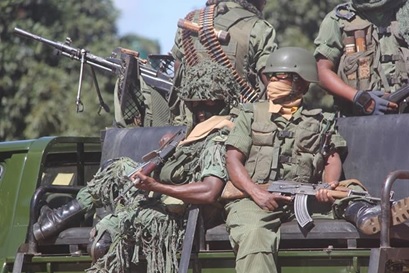African Studies Reading Group, Thursday 21 November 17:00
Lady Wilson Room, Sir Roland Wilson Building, 120 McCoy Circuit
THE 2016 ZAMBIAN ELECTIONS AND THE ROLE OF THE INTERNATIONAL COMMUNITY
 Zambia had long been hailed as a model in the region so hopes were (naively) high that the 2016 presidential election was going to be undertaken in the true spirit of democracy – but that was not to be. This presentation describes how various actions taken by the ruling party appeared to have been copied directly from a “Dictator’s Handbook” on “how to rig an election”, just as used in other countries, including Uganda and Zimbabwe. A charade was played out, of pretending to follow international standards while at the same time, and often in plain sight, many blatant irregularities and major transgressions against accepted electoral practices occurred. There were also abuses of constitutional processes after the elections. The result was the end of the Rule of Law in Zambia.
Zambia had long been hailed as a model in the region so hopes were (naively) high that the 2016 presidential election was going to be undertaken in the true spirit of democracy – but that was not to be. This presentation describes how various actions taken by the ruling party appeared to have been copied directly from a “Dictator’s Handbook” on “how to rig an election”, just as used in other countries, including Uganda and Zimbabwe. A charade was played out, of pretending to follow international standards while at the same time, and often in plain sight, many blatant irregularities and major transgressions against accepted electoral practices occurred. There were also abuses of constitutional processes after the elections. The result was the end of the Rule of Law in Zambia.
The role of the international community before, during and after the elections is described and analysed and an attempt is made to explain why observer mission “referees” handed out the equivalent of “yellow” and even “green” cards, in stark contrast to the international commentators who produced “red cards”. It was as if they had officiated at different games.
Margaret O’Callaghan is a Canberra-based independent scholar, former Visiting Fellow at ANU’s Crawford School of Public Policy and a former United Nations Population Fund representative to Zambia.
All welcome. Refreshments provided.



